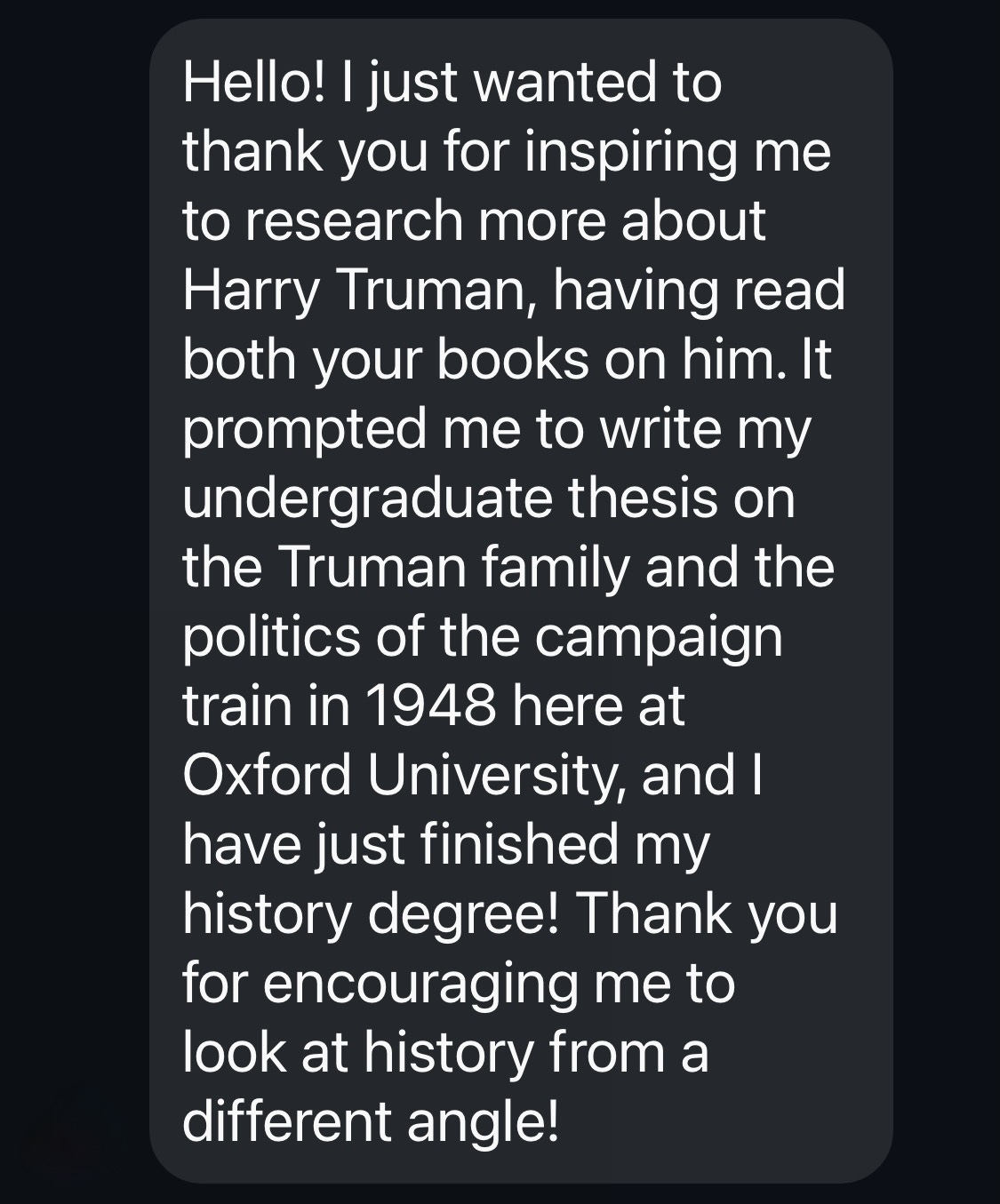In radio, hitting the post is a good thing, a necessary thing. All NPR programs operate on a strict clock. When Korva Coleman finishes saying “This is NPR” in the middle of a morning newscast, you can set your watch: It is precisely :04:00 after the hour. That’s when scores of local Morning Edition hosts from coast to coast open their mics and introduce themselves, e.g., “For Kansas Public Radio News, I’m Matthew Algeo.” We now have precisely three and a half minutes to deliver our local newscasts. Morning Edition will resume at :07:30 after the hour. Precisely. Finishing your newscast right on time is called hitting the post. Finish too early and there’s dead air. Finish too late and you’ll be joining Morning Edition in progress and listeners will miss the beginning of the next segment (the “A” segment containing the day’s biggest stories). It would seem simple enough, but reading a script, watching the clock, and operating the mixing board all at the same time can take some getting used too. So it’s taken me some time to feel comfortable on the air again. I’ve missed the post a few times (mostly by going too long). But I’m beginning to learn how long it takes to say, “And in Junction City it’s partly cloudy and 62 degrees.” Eventually these things become intuitive, but there’s definitely a learning curve.
The other part of my job is reporting, and this week I produced my first feature story, and I was pretty pleased with it. It’s about the University of Kansas carillon. (Click here to listen to it.) I even got to play a few notes on it. It was pretty cool, actually.
Another cool thing that happened this week is that I received this lovely Instagram message from one of my followers:
Is that cool or what?!
What I’m reading: The Power Broker by Robert Caro. This is my third attempt to read this mammoth masterpiece. My friend and fellow author (and fellow Marketplace alum) Lisa Napoli has organized an online reading group for the book, so this time I’m determined to finish it. Caro really can turn a phrase (“vested, watch-fobbed civic leaders”) but his attention to detail can be overwhelming. He also seems fixated on people’s noses: “aquiline,” “Roman-nosed,” “long thin,” “high-bridged,” “big veined,” “jut-nosed.” Is Robert Caro a nasophiliac?
What I’m listening to: The death of Brian Wilson prompted me to go back and listen to a lot of Beach Boys this week. They were never one of my favorite groups, probably because by the time I became interested in music in the early ’80s they had already devolved into a cheesy nostalgia act (I seem to remember seeing them play between games of a doubleheader at the Vet when I was in college*). But the sounds that Brian Wilson created in the mid 1960s, with the limited technology available to him at the time, are truly remarkable. My favorite Beach Boys song is one on Pet Sounds that Brian Wilson didn’t write, but his arrangement is perfect: “Sloop John B.” Is that a tuba in the background there during the fast bit after the “poor cook” verse? I don’t know if it’s genius but it sounds good and it’s fun. His biographer Peter Ames Carlin was interviewed on Morning Edition this week and said this is how he would describe Brian Wilson to his friends: “He's weirder than you can imagine, but not as crazy as you might think.”
What I’m watching: Trashy daytime TV, of course, but also the Karen Read trial on the Law&Crime Network’s YouTube channel. The case just went to the jury yesterday (Friday) afternoon. My verdict prediction: Not guilty.
*I just looked it up and the Beach Boys actually performed at the Vet after a Temple-Pitt football game on September 22, 1984. (Temple won, 13-12.)






OOoOooOO! After listening to the 99% Invisible series about The Power Broker, I've been wondering if I should read it.